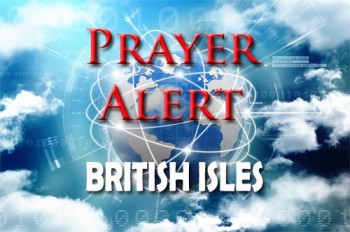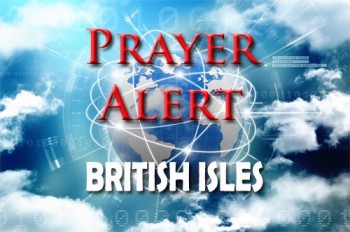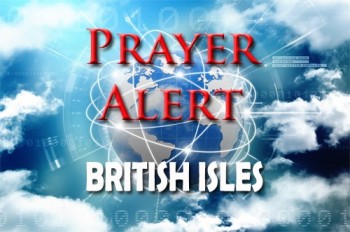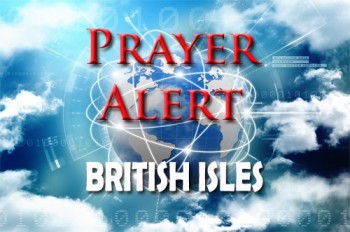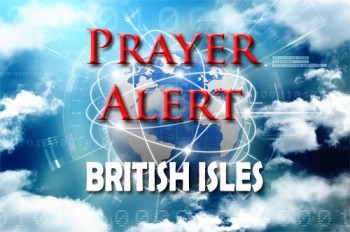Advocate for children at police stations
Looked-after children, particularly those living in residential care, are disproportionately criminalised, compared to others. They are less likely to receive support from family or a trusted adult at police stations, and they should be entitled to additional protections set out in law, policy and guidance. A guide has been produced to help lawyers advocate effectively for looked-after children in custody. It offers guidance on practical steps that lawyers should take to ensure that they receive the support and assistance they need and are entitled to. There is a growing number of children coming into care, and lawyers need to know the factors that can contribute to their criminalisation. The Howard League for Penal Reform said, ‘The over-representation of looked-after children in the criminal justice system is a disgrace that has been known about for years.’ Pray for all children to have their care needs met in the community and in custody.
Government urged to ban pointed domestic knives
A five-year study in Edinburgh found that 94% of sharp instruments used in homicides were kitchen knives. Criminologists, MPs, and religious leaders published an open letter advising the Government to promote safe kitchen knife designs and restrict designs which are used in so many violent acts. They said, ‘The UK has worked for the public good by restricting handguns, paracetamol, smoking in public, and plastic bags - now it is time to say “no bloody point”.’ The Bishop of Tonbridge said that there was never one victim of knife crime: ‘Knife crime rips up the lives of families and friends, piercing the networks that give us life, meaning and support. Knife crime can be reduced if we follow the evidence trail, devote our resources to the right places, share knowledge smartly and value the organising power of local communities. The Church has a role to play, for it is located in most, if not all, places.’
Northern Ireland: abortion liberalisation
800+ health professionals have written to the secretary of state opposing the Northern Ireland liberalisation of abortion laws. Doctors, nurses, and midwives say their consciences will not allow them to stay silent. They want reassurance as ‘conscientious objectors’ that they will not have to perform or assist abortions. Abortion restrictions will be drastically reduced unless the Stormont assembly is restored by 21 October. In July MPs passed the Executive Formation Act, placing a duty on the government to provide access to abortion in Northern Ireland. Those who signed the letter said their concern was for pregnant mothers and their unborn children. As Christians, it is their firmly held belief that abortion is the ‘unjust and violent taking of human life’. There are two strands to this argument: the unborn child is a human being with value and worth, and women in crisis pregnancies need compassionate care.
New Methodist evangelism resources
The Methodist Church has launched a series of practical resources in a bid to equip churches more effectively for evangelistic ministry. They will focus on four key areas - a new website of online resources and information, starter grants for new outreach projects, a mission-planning guide to encourage church planting and a Church-wide strategy for growth. Trey Hall, the Methodist Church's Director of Evangelism and Growth, said, ‘We heard the call to reclaim evangelism as a core dimension of our mission and identity as a Church. These resources are a direct response to the needs and hopes of the many who have engaged with us over the past year.’

